Every time
President Bush makes an overture to Democrats--and he
makes plenty these days--conservative
Republicans get edgy. They fear he might be so willing
to cross the aisle that he will end up crossing them.
"Everybody should
be very concerned and very active," said Grover
Norquist, president of Americans for Tax Reform and a
conservative leader with close White House relations.
"The temptation
for an administration in the last two years is to do
something for legacy purposes," Norquist said. "And with a
Democratic House and Senate, doing something cannot be
good."
The White House
sees it differently. Mired in an unpopular war, slumping
in the polls, and knocked off course by one setback after
another, Bush still has time. He can score a few
legislative victories and burnish his domestic legacy
before he leaves office if he gets help from both
parties.
Plus, he has
little to lose, not having to worry about an election ever
again. Now that Bush needs cooperation from Democrats to get
things done, bipartisanship is back in style.
"We have suffered
as a party from a perception that we're unwilling and
unable to get things done," said Ed Gillespie, a former
Republican Party chairman. "And so if there are some things
that we can do that are consistent with our Republican
principles, we should get those things done."
Since Democrats
won the House and Senate in November, Bush has appealed
to them on education, energy, health care, immigration, and
Social Security. That has kicked up whispers of
triangulation, a model linked to his predecessor,
Democrat Bill Clinton.
As designed, it
amounted to plucking ideas from the opposing party,
taking others from the president's own party, and offering
up a merged strategy that put the White House above
the fray. Even when it worked, it often led to both
sides feeling scorched.
Karl Rove, Bush's
chief political strategist, had been reassuring
conservatives that will not happen under this president. The
White House mantra is to work with Democrats without
abandoning such tenets as low taxes and personal
responsibility.
As Rove put it,
"We're going to operate around principles and see if
we can find a way to bring the broad center together with
us." Then he thought about those words and got more
precise about the middle ground: "Broad right center."
William Galston,
a top domestic policy aide to Clinton, said
triangulation was overhyped. In reality, he said, Clinton
worked with Republicans on matters such as overhauling
welfare, a campaign pledge, because his views meshed
with theirs.
Likewise, Bush
may have more in common with Democrats than leaders in his
own party on education and immigration. "The president now
has an opportunity to take yes for an answer," said
Galston, a senior fellow at the Brookings Institution.
Access is not the
problem for conservative leaders. They regularly get an
audience with the White House through conference calls and
meetings, and a friendly heads-up when policy changes
are coming.
"I don't feel
like we've been cut out at all," said Rep. Jeb
Hensarling of Texas, chairman of the coalition of House
conservatives known as the Republican Study Committee.
"Ask me the same thing six months from now. But right
now, I think we have good dialogue."
Still, Bush has
not always been in concert with the base that helped get
him elected twice. Conservative Republicans have derailed
one of his Supreme Court nominations and chided him
for expanding government more than he has restrained
it.
On cultural
issues, such as Bush's opposition to abortion and same-sex
marriage, conservatives are not bracing for a fight. The
grumbles tend to focus on two bedrock issues:
immigration and taxes.
Bush remains
adamant that immigration changes should include a
guest-worker program and a path to citizenship for illegal
immigrants. Many Republicans support that approach,
but conservatives say it is too lenient toward
those who entered the country illegally.
"House
conservatives will be exceedingly unhappy about anything
that has even a faint aroma of amnesty," Hensarling
said.
A stalemate,
though, does the GOP no good. Republican leaders fear their
party could splinter in the 2008 election year.
On taxes, the
president has put it plainly: "We're not going to raise
taxes." But the worries are not going away.
To entice
Democrats to negotiate on overhauling Social Security, Bush
has offered to meet without ruling anything out. Many
conservatives say nothing good can come from that;
they do not even want him in the room with Democrats.
Their nightmare is a deal in which taxes go up or
benefits go down to make the program more solvent, yet
without the private investment accounts that Bush
wants.
Some of this
unrest may be rooted solely in memories of disappointment,
Gillespie said.
Bush's father
famously broke his "read my lips" pledge against
raising taxes in a budget deal with Democrats. Republicans
had to work to halt President Reagan's tax deal with
Democrats in 1985, led in part by a Wyoming lawmaker
named Dick Cheney.
Norquist said the
pressure on Bush to give in to Democrats even one time
will be immense. Then again, Bush seems inclined to do more
than just say no, and he is running out of time.
"The president
doesn't have two years," Galston said. "I don't think
he has a year. He has about nine months before it's all
politics all the time. He has to decide how successful he
wants the remainder of his presidency to be." (Ben
Feller, AP)









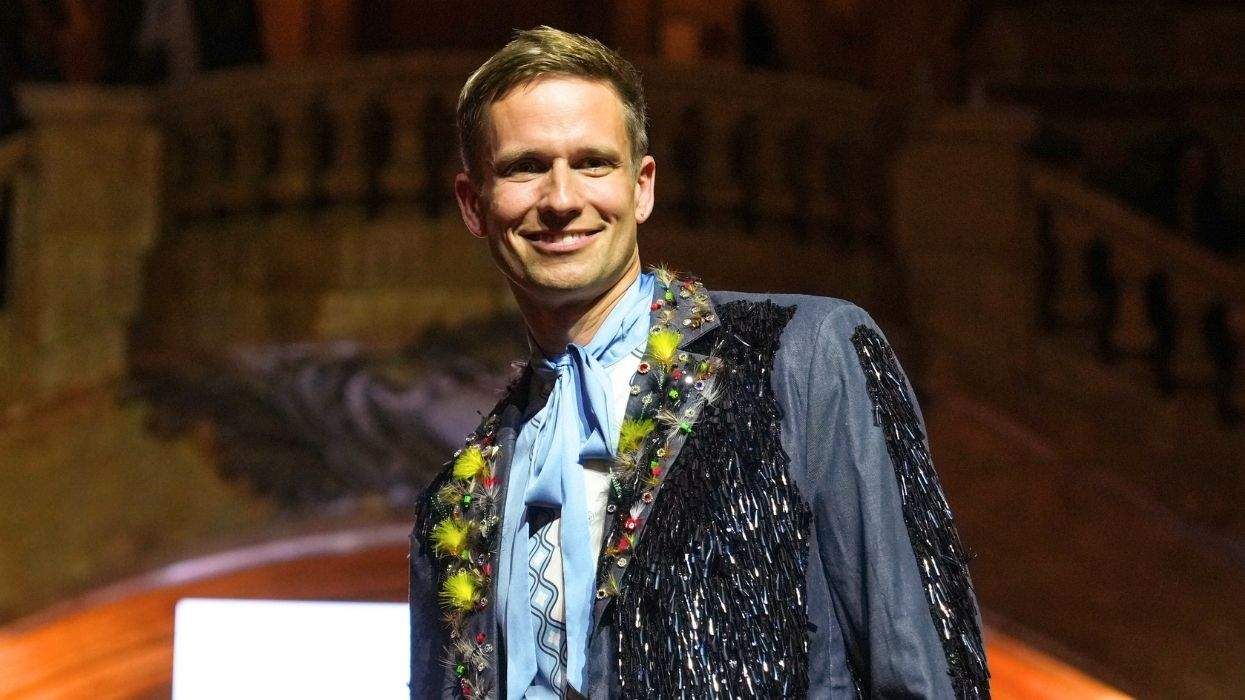




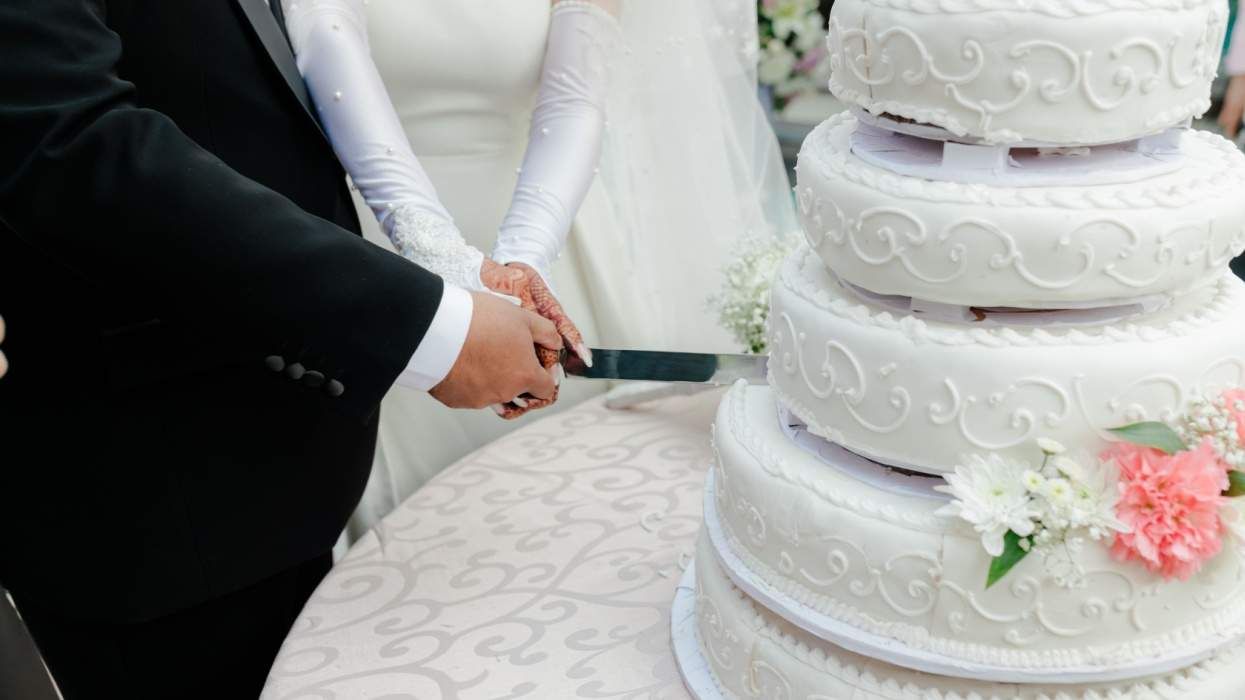
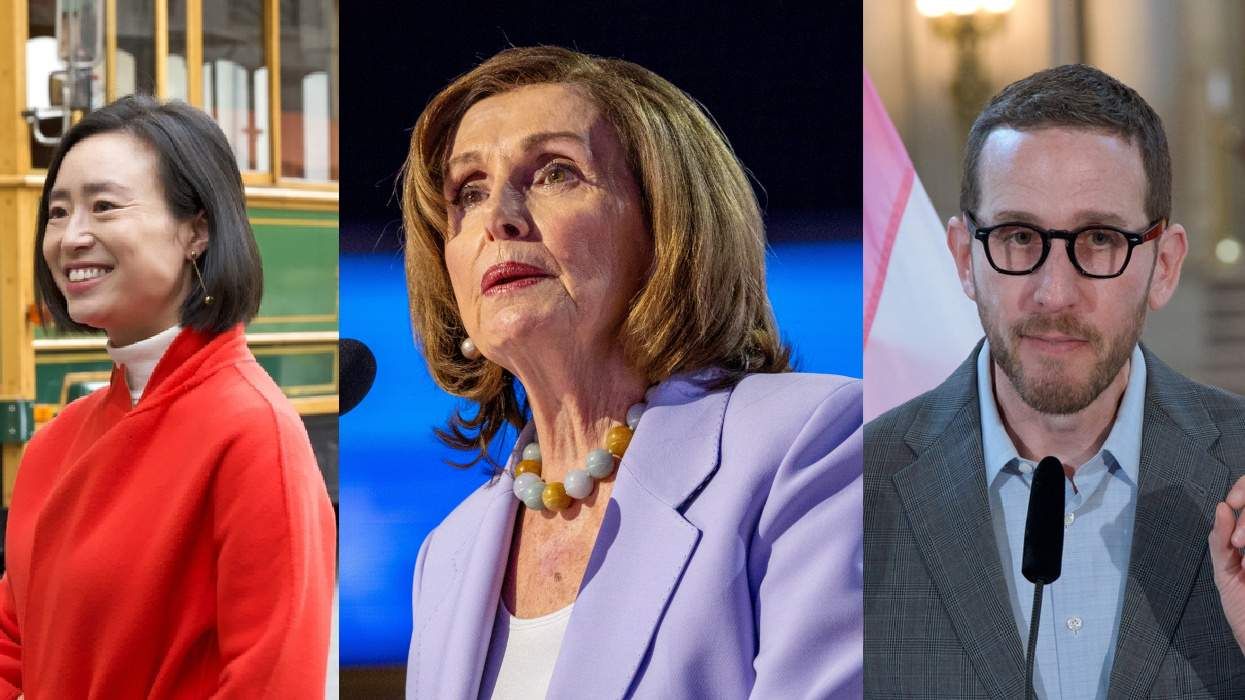
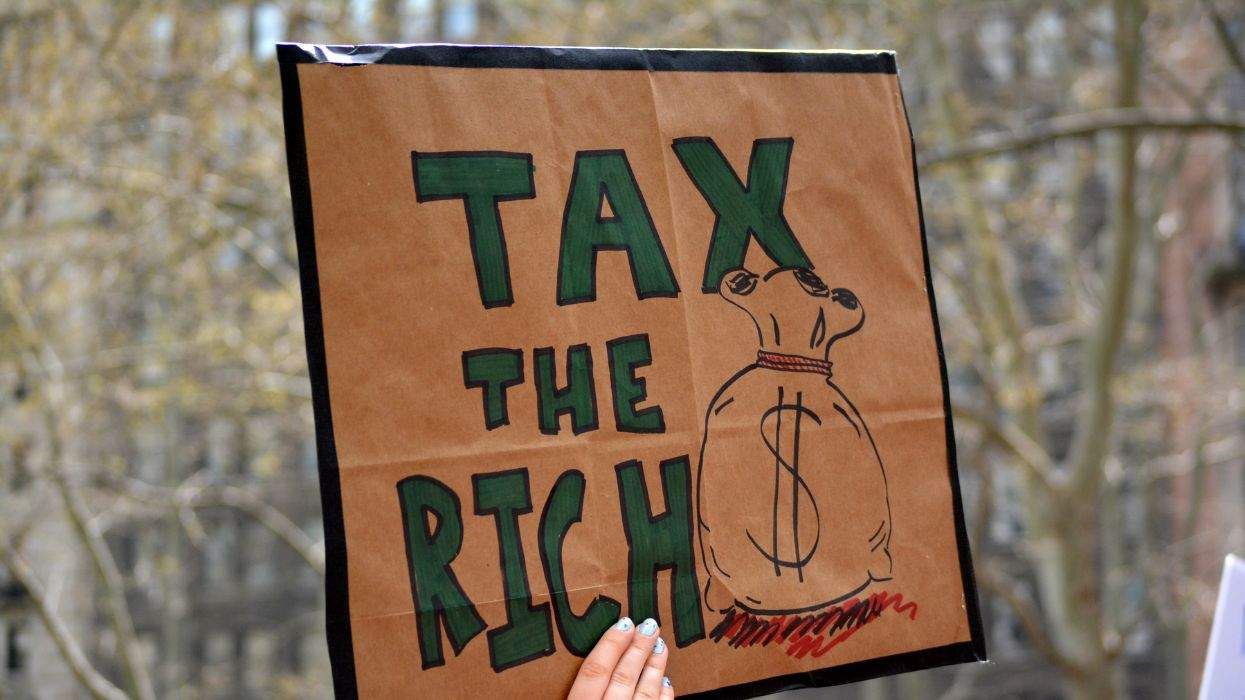
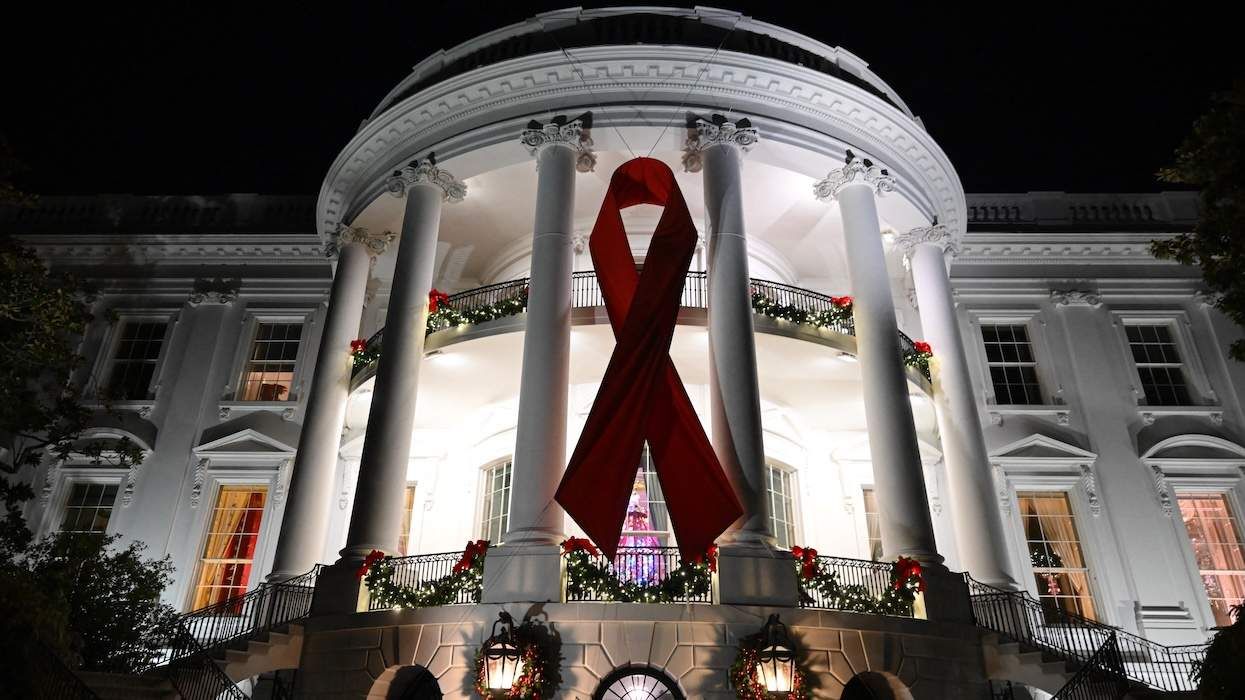
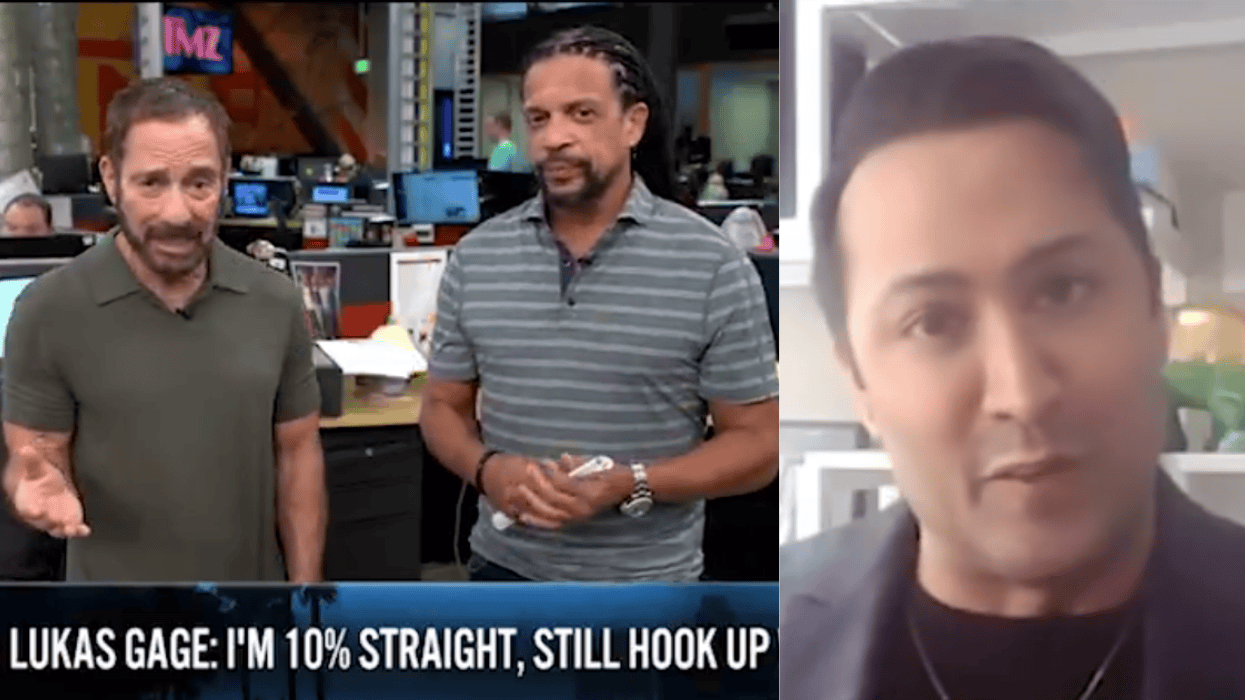
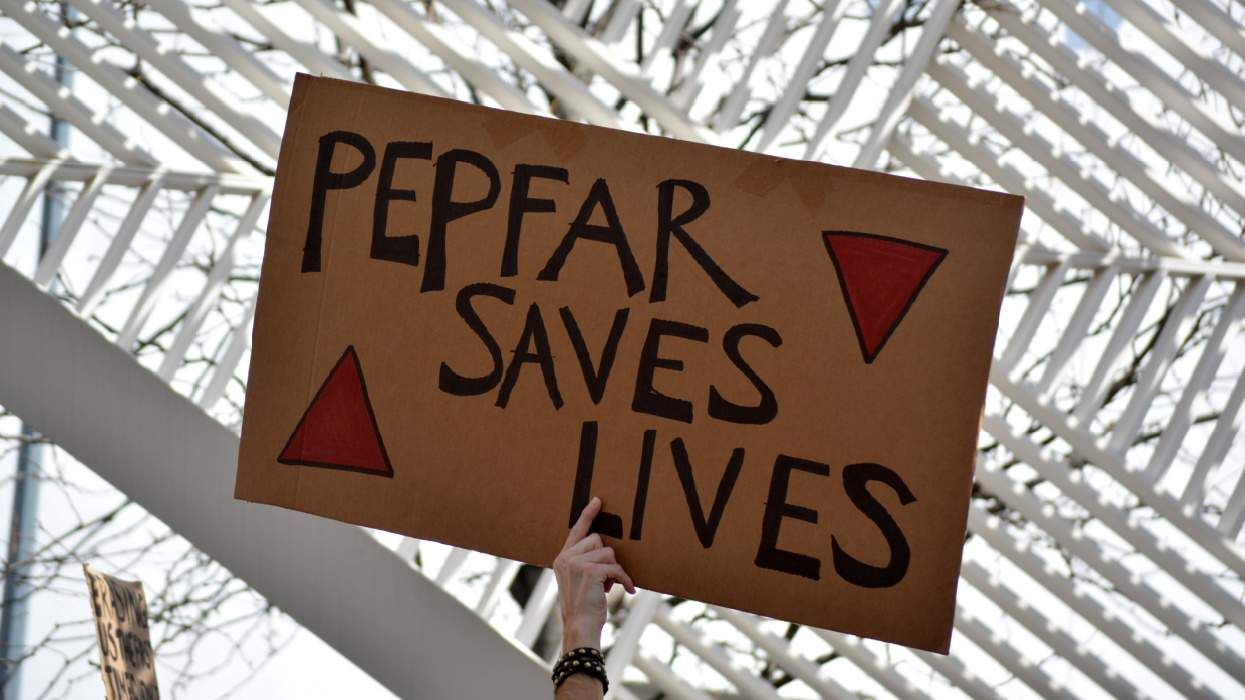

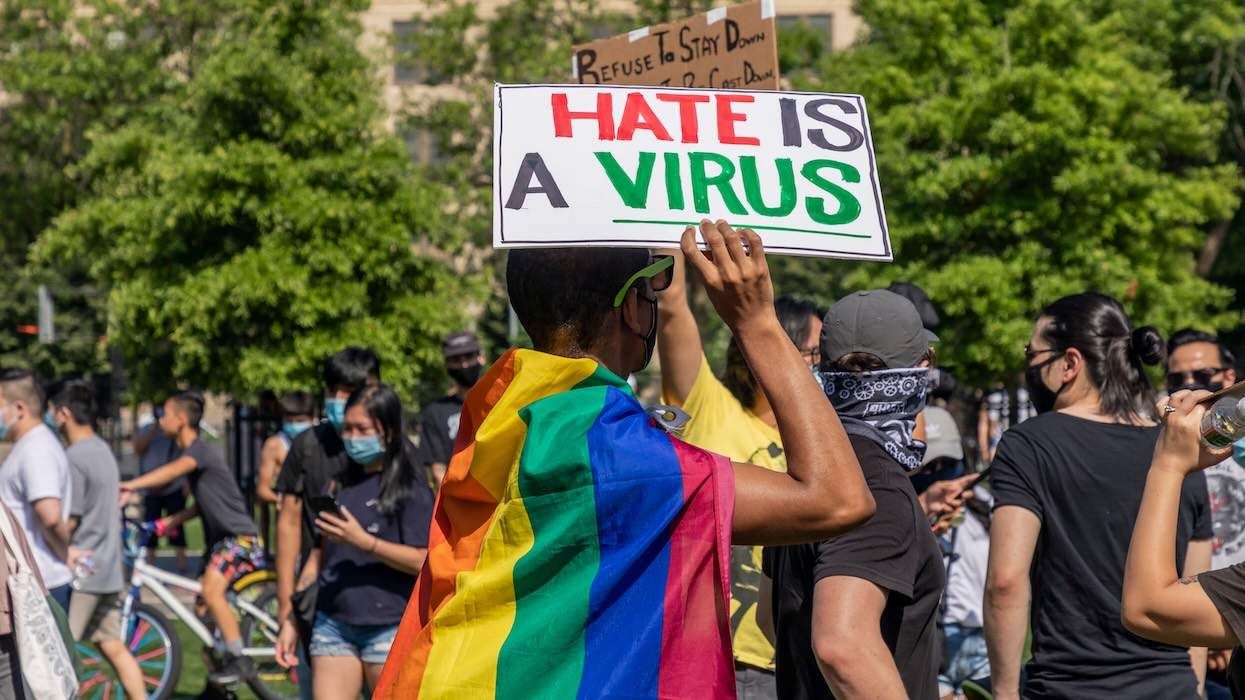



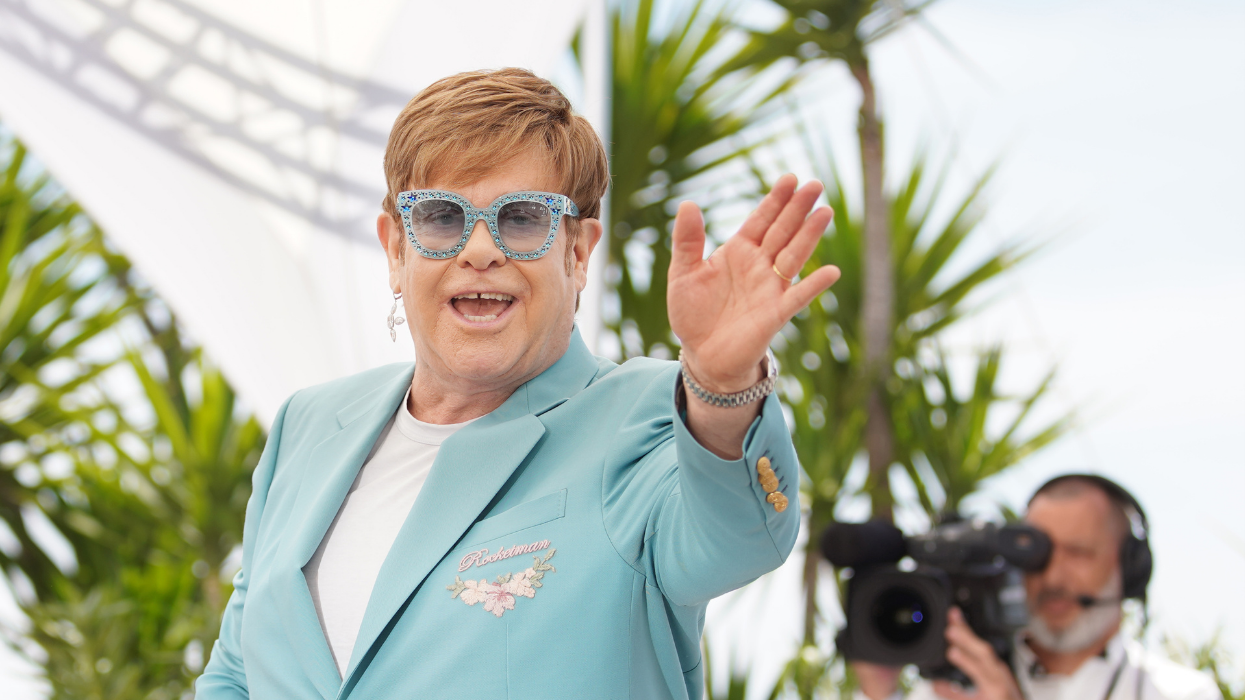











































Charlie Kirk DID say stoning gay people was the 'perfect law' — and these other heinous quotes